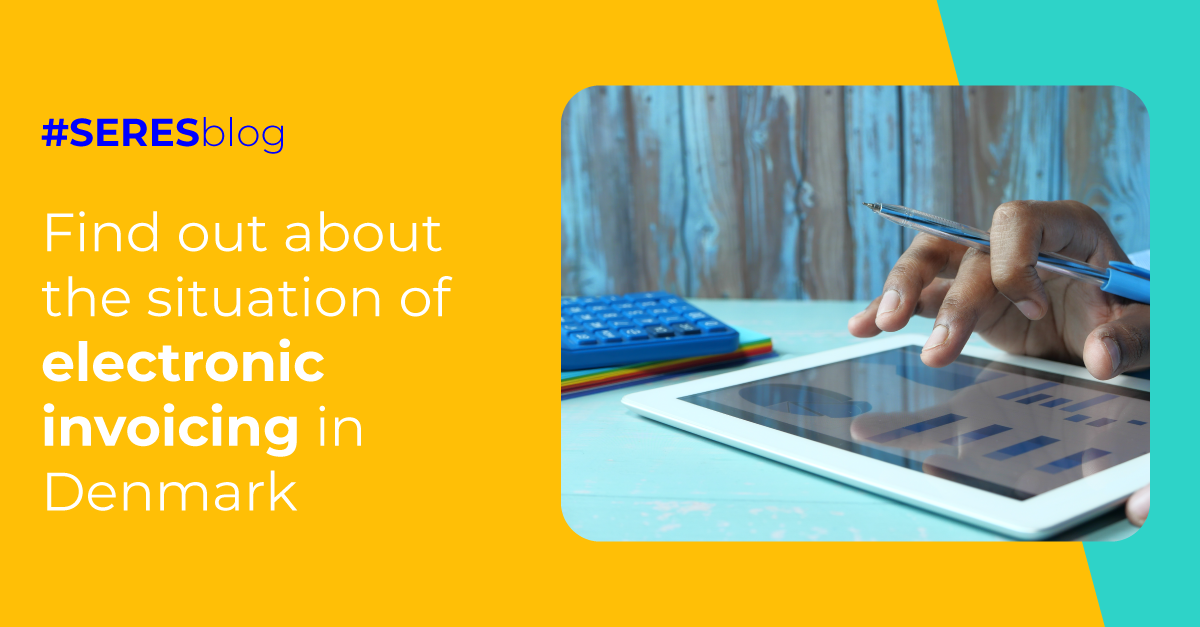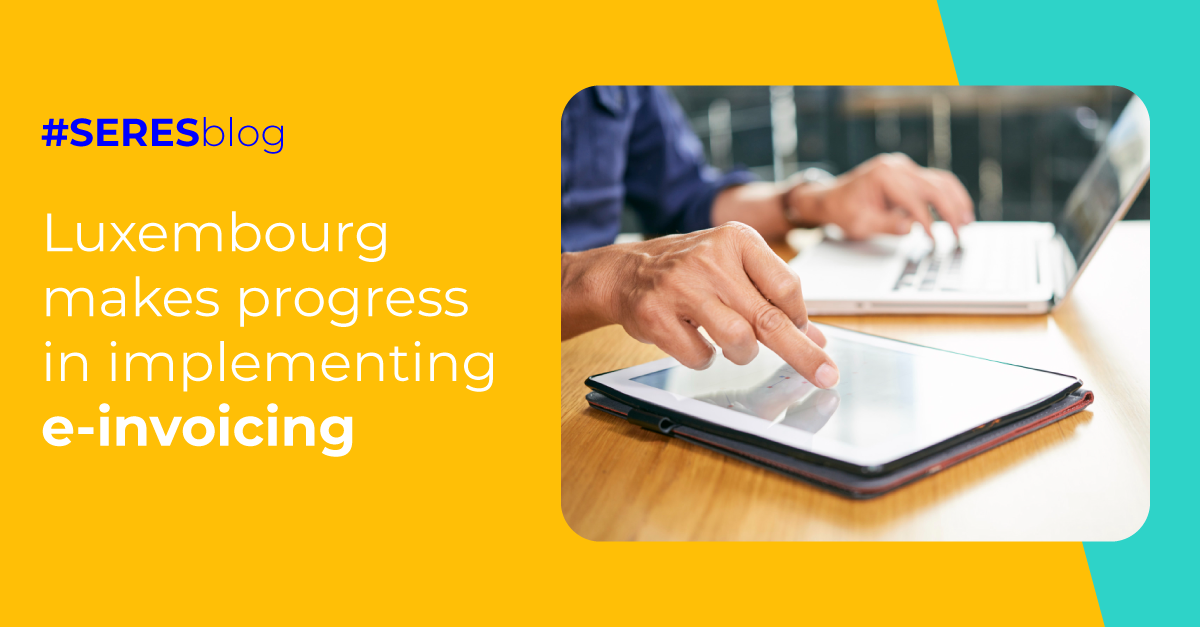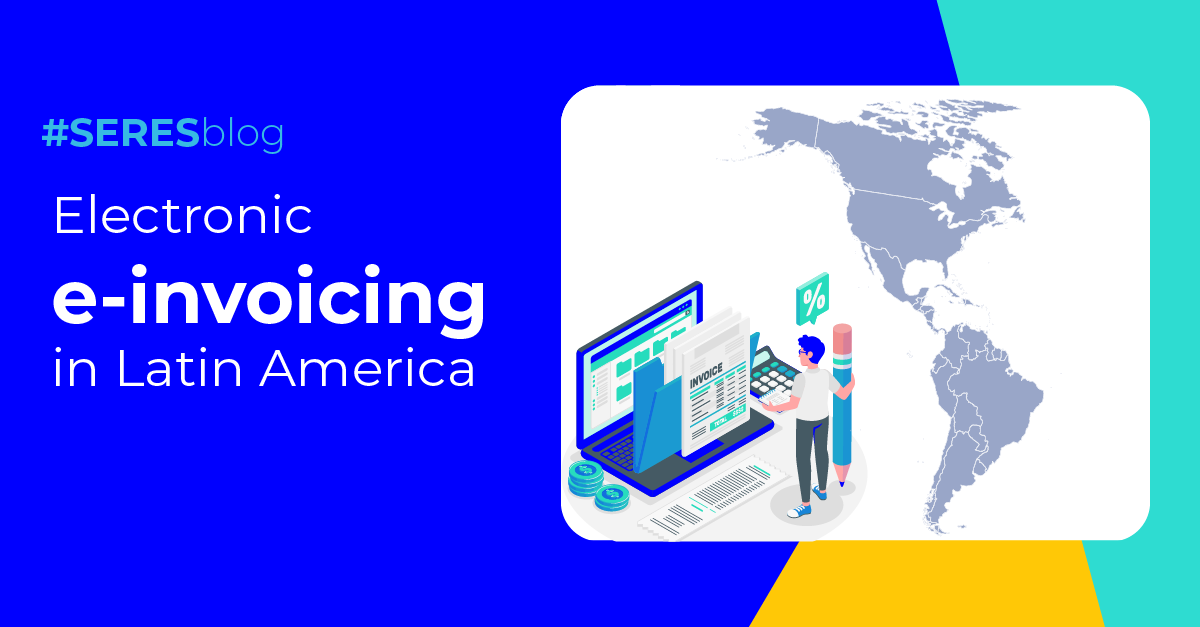The past, present and future of e-invoicing in Denmark
In February 2005, the inaugural European regulation requiring electronic invoicing with public administrations came into force. Denmark became the inaugural European country to commence the mandatory transmission and receipt of electronic invoices in B2G relations.
The authority responsible for the implementation of electronic invoicing is the Digitaliseringsstyrelsen. The legislation that established the mandatory use of B2G electronic invoicing is the Bekendtgørelse om elektronisk afregning med offentlige myndigheder.
In order to facilitate the exchange of e-invoices, the Digitaliseringsstyrelsen developed the Nemhandel network, a platform which is exclusively for Danish companies to send and receive electronic business documents. In order for the recipient to receive an electronic invoice, they must first be registered on the platform and possess a GLN or EAN number.
Additionally, the organisation developed the OIOUBL format (Offentlig Information Online - Universal Business Language), a structured XML file for the exchange of documents with the public and private sector. The current requirements for the electronic invoicing process in Denmark are based on the UBL version 2.0 standard.
The adoption of Directive 2014/55/EU on 16 April 2019 necessitated the adaptation of the Digitaliseringsstyrelsen to facilitate the exchange of e-invoices across the EU.
In order to comply with this regulation, the Danish digital agency for digitisation initiated the integration of NemHandel into the PEPPOL network. This integration enabled foreign economic operators to utilise the network to e-invoice Danish institutions.
In terms of B2B e-invoicing, Danish companies that opt to do so will be able to invoice electronically on a completely voluntary basis.
Electronic tax reporting in Denmark
As of 1 January 2024, Denmark initiated a transition to digital recordkeeping for businesses, following the publication of the new Accounting Act and the introduction of a version of SAF-T reporting based on version 2 of the OCD model.
Additionally, by 31 October 2023, accounting systems must be registered with Erhvervsstyrelsen.
Consequently, businesses are obliged to utilise certified accounting software that is capable of producing and receiving electronic Value Added Tax (VAT) invoices via Nem Handel in OIOUBL1/PEPPOL BIS format.
Updating of the Accounting Act
In 2022, the Danish Parliament enacted a new reform package amending the Danish Bookkeeping Act (Act no. 700 of 24 May 2022). This legislation superseded the previous legislation, which had been in force since 1999.
The new legislation was introduced with the primary objective of enhancing the fight against tax fraud and accelerating the digitalisation of business bookkeeping in Denmark.
Key requirements for digital accounting
The amendments to the Accounting Act establish two fundamental obligations for digital accounting.
- It is imperative that all company transactions be recorded in a digital accounting system.
- It is imperative that records and supporting documentation are stored in a digital accounting system, or alternatively, that a full backup copy of them is kept on a server belonging to an external or third-party provider.
Important dates for electronic tax reporting in Denmark
- 1 February 2023: New digital accounting system rules come into force.
- 31 October 2023: Suppliers of standard accounting systems must register with the Danish Business Authority by this date.
- 1 January 2024: Registering notified systems.
- 1 January 2025: The rules on digital accounting for companies using an unregistered accounting system come into force.
- From 1 July 2026: Rules for non-accounting companies with a turnover of more than DKK 300,000 in the previous two years and using an unregistered accounting system.
These reforms modernise accounting in Denmark, making it more transparent and efficient.



